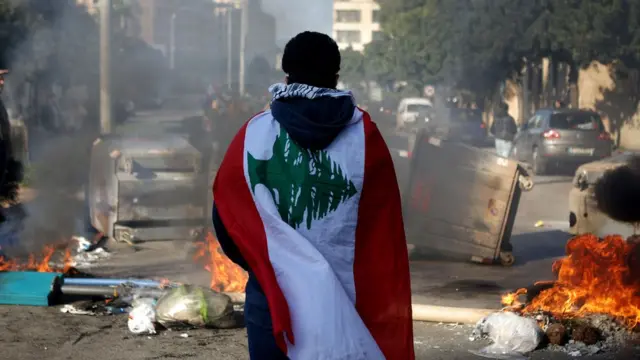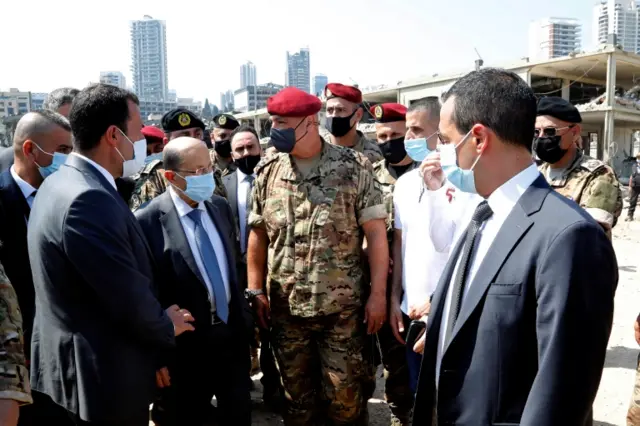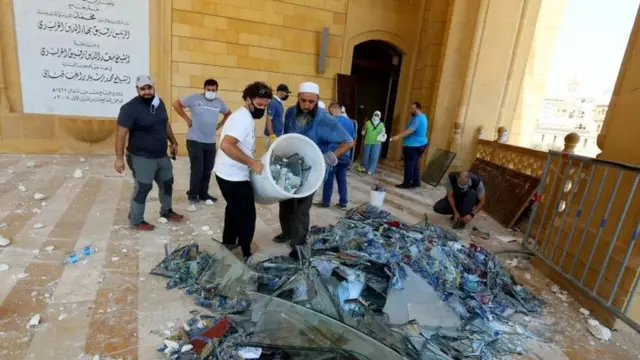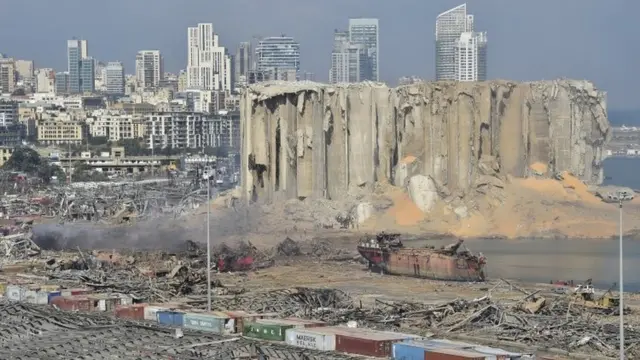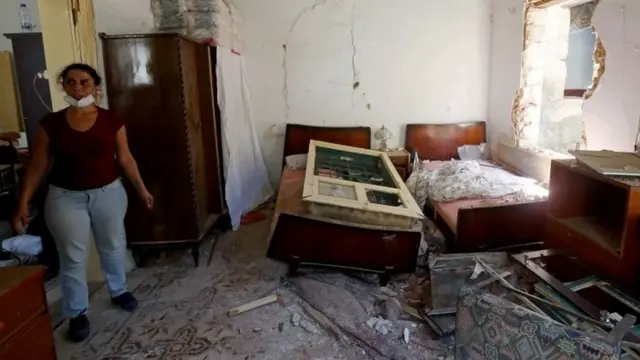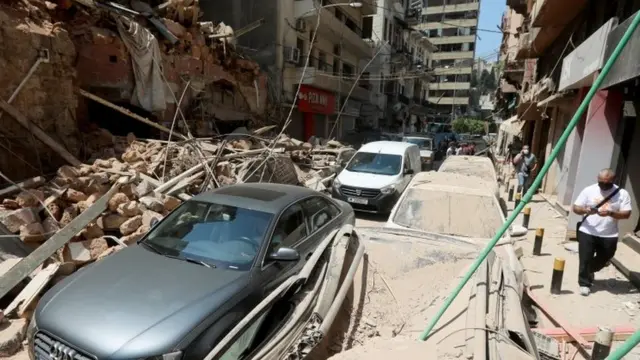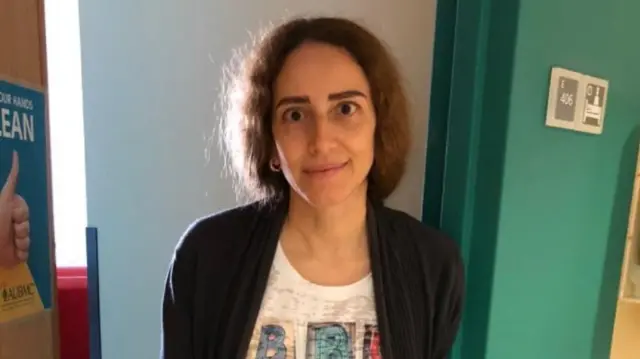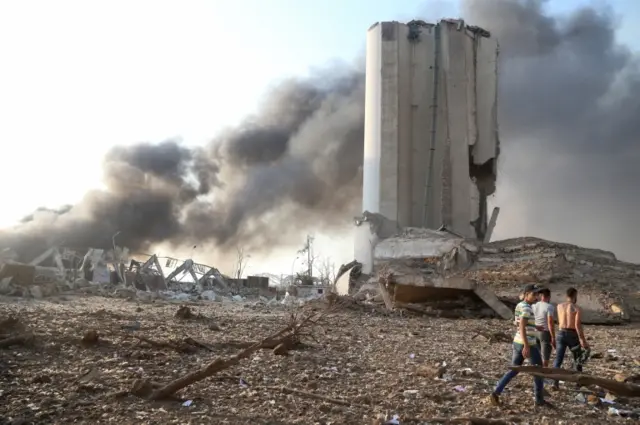Volunteers helping affected familiespublished at 12:47 BST 5 August 2020
 BBC News Channel
BBC News Channel
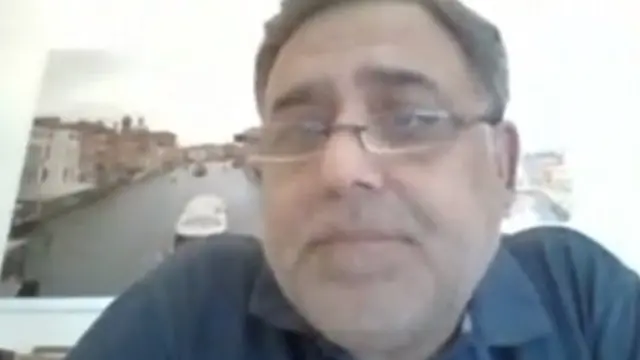
Nidal Ali, Islamic Relief’s country director for Lebanon, tells the BBC his charity has teams on the ground to assess the damage and help affected families.
They will provide those who have lost their homes with hot meals for the next two weeks, he said, and will offer medical supplies to hospitals.
Of the estimated 300,000 people who have been made homeless by the blast, he says some of them would have stayed with friends or family last night, while hotels and lodgings opened their doors to people in need.
"My flat was badly damaged - glass broken, doors smashed," he said.
"My wife and four-year-old daughter, we couldn’t stay in the flat, so we had to flee to my village."
